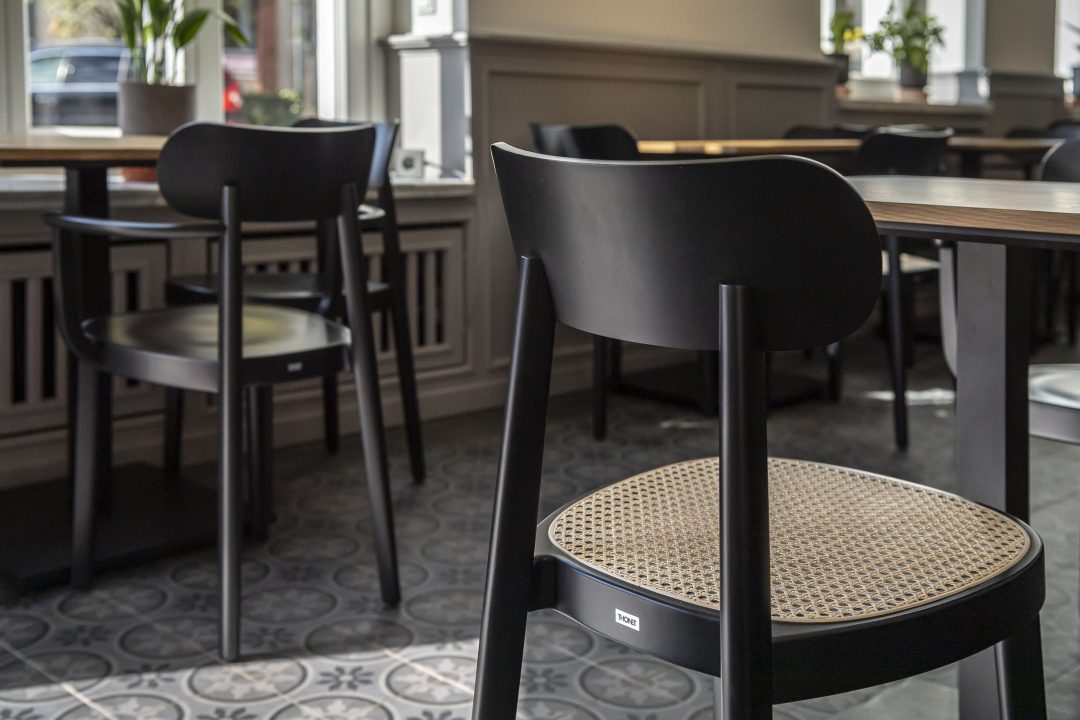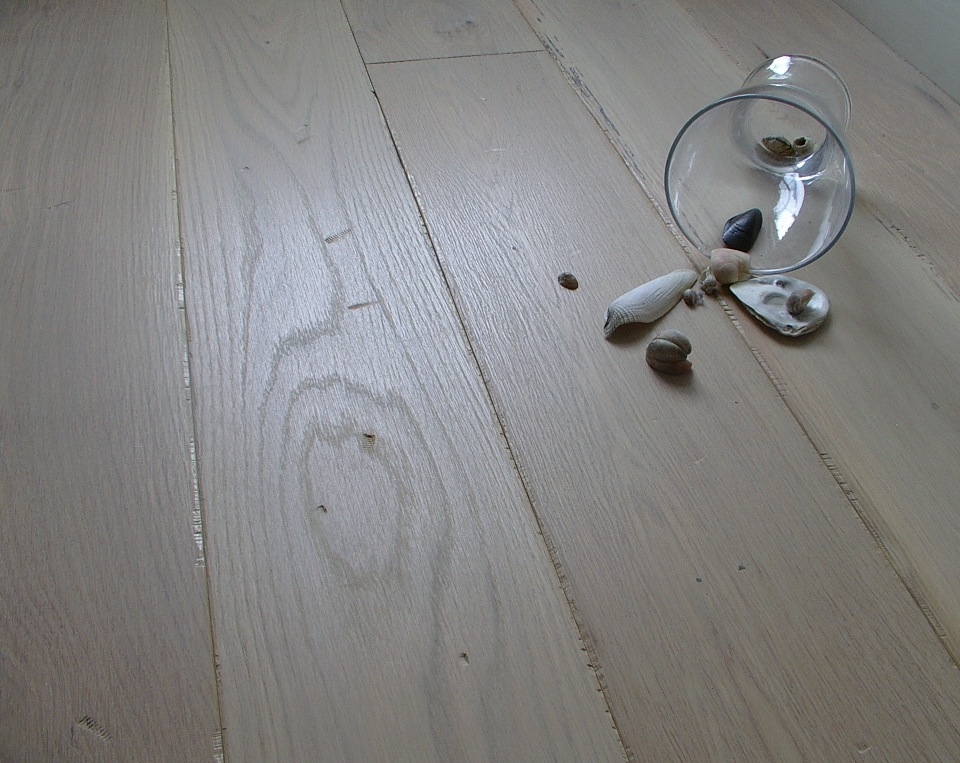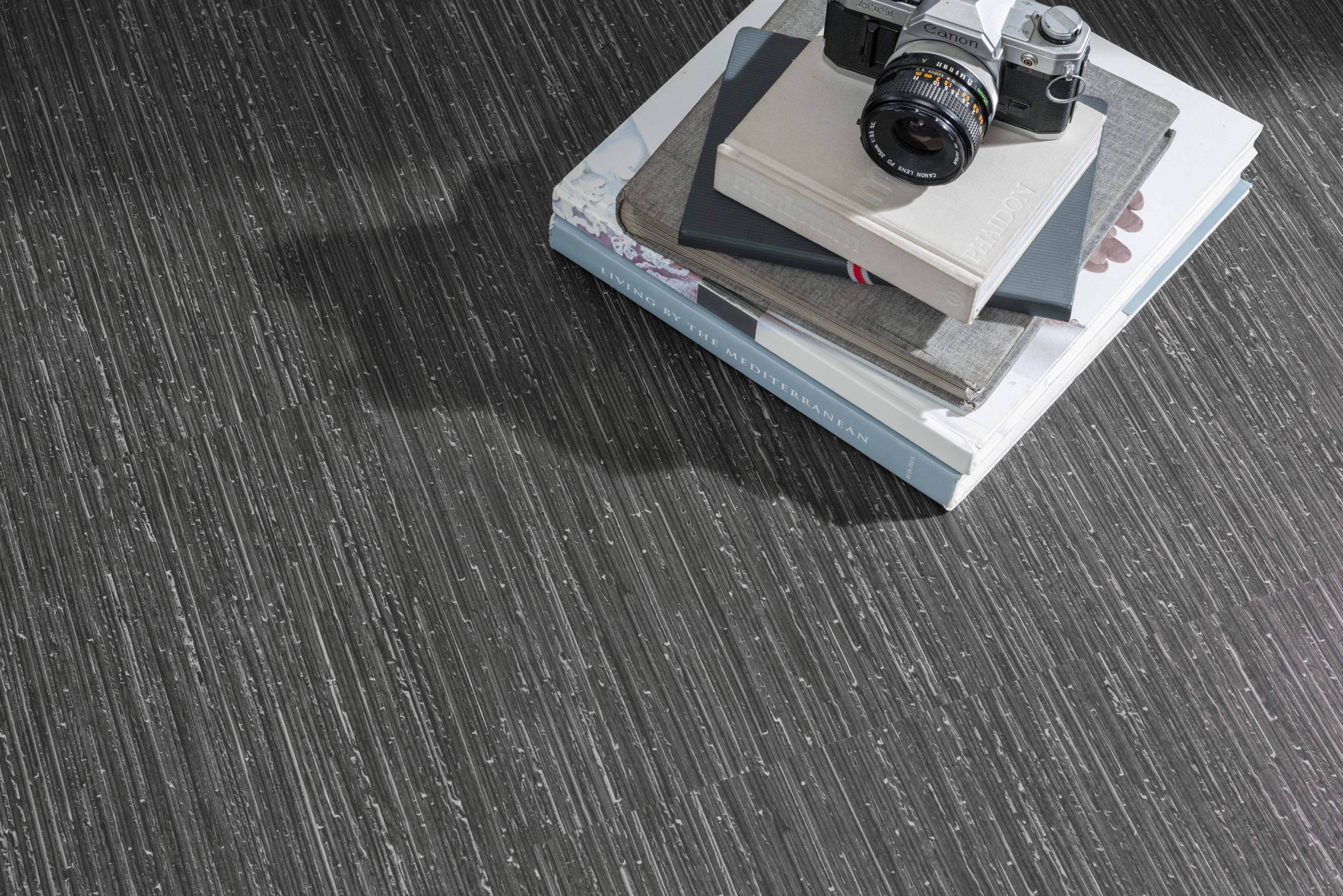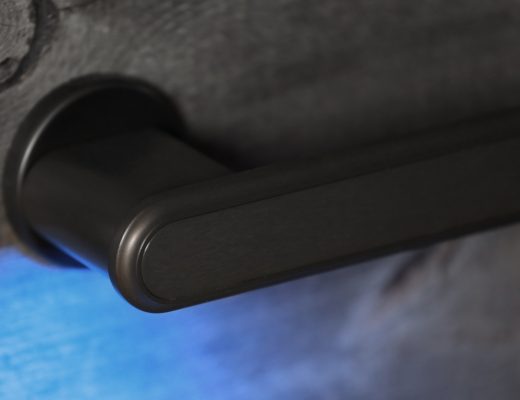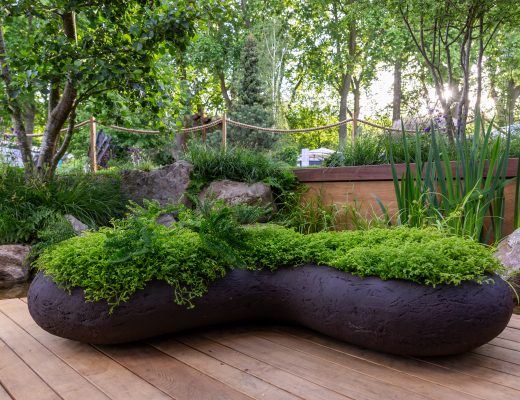The ambience of Viennese coffee house culture can now be experienced in the recently opened Herr Hase café in the German city of Münster. The café is located in a traditional building in the Ostmarkstrasse with high ceilings, arched windows and decorative tiles. Completely remodelled by Studio eto, the interior now features design classics and modern pieces from Thonet. Here in his latest location, restauranteur Sven Hasenclever serves up freshly brewed coffee from his own roastery.
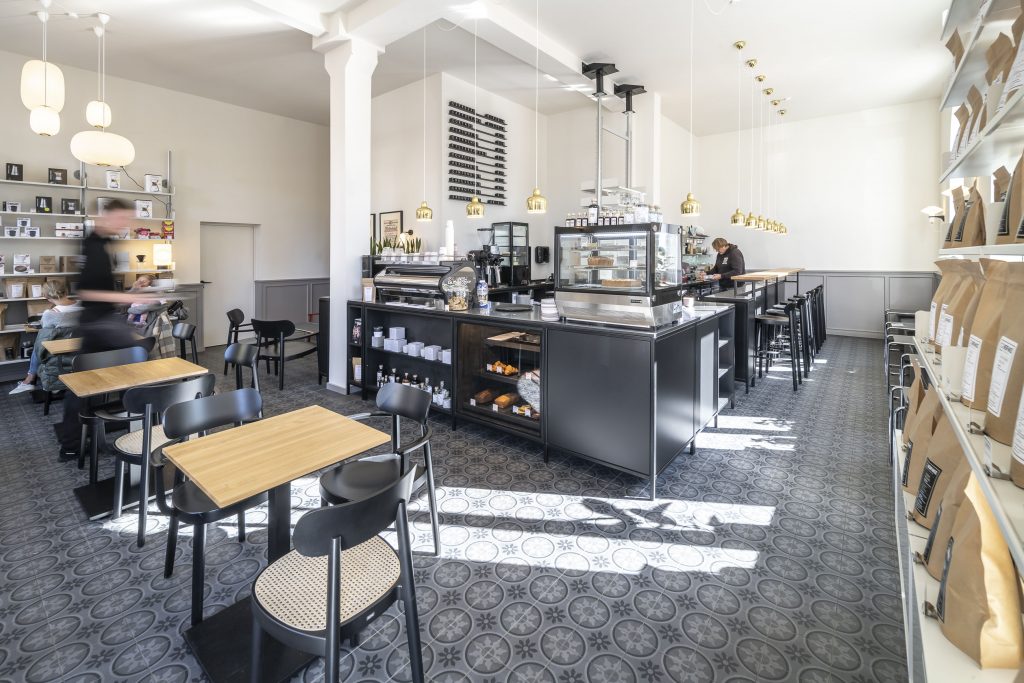
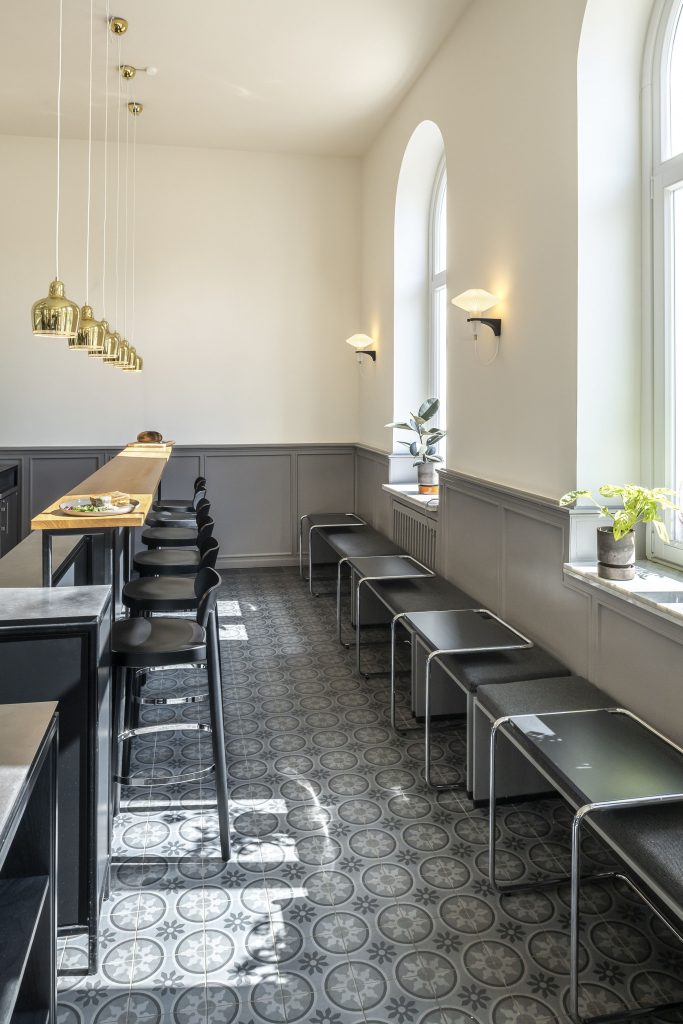
The building that houses the Herr Hase café is eye-catching even from a distance. With its pink façade, bay windows and turrets, it sits proudly on a corner of Münster’s Erpho district – a popular, residential area in the city centre characterised by period villas. Huge arched windows flood the ground-floor café with light, and after its complete facelift courtesy of architect Fabian Holst from Studio eto, the interior exudes a charming coffee-house atmosphere. Herr Hase is Münster-based restauranteur Sven Hasenclever’s latest acquisition. Hasenclever has been running his own coffee roastery for years as well as another café in the city. With this new location, he has fulfilled his dream of owning a coffee house with all the style, charm and atmosphere typical of famous Viennese establishments.
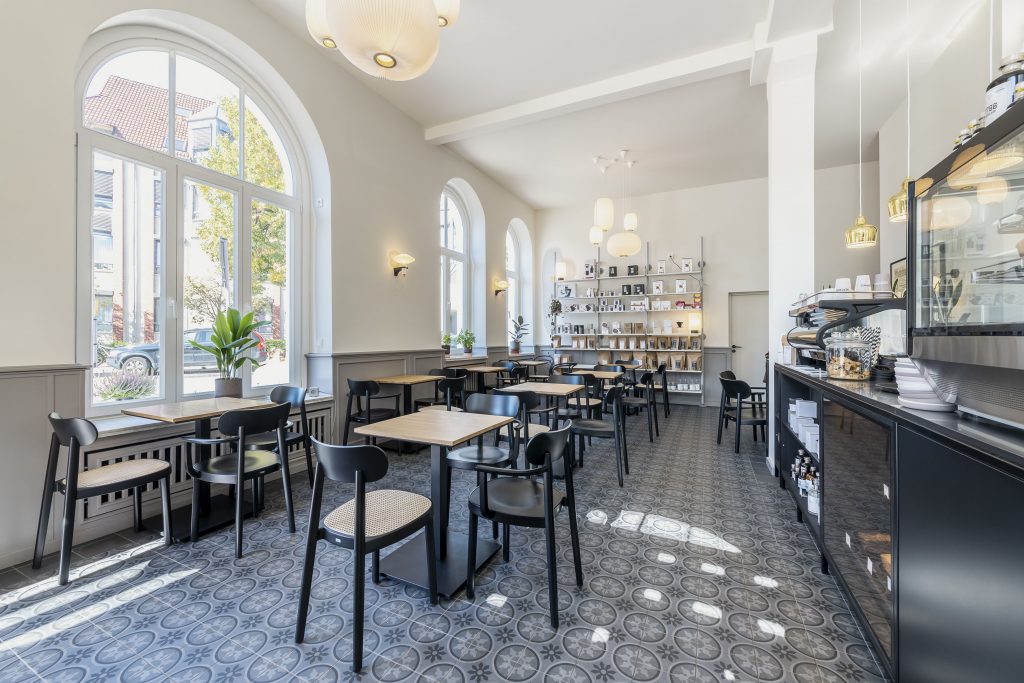
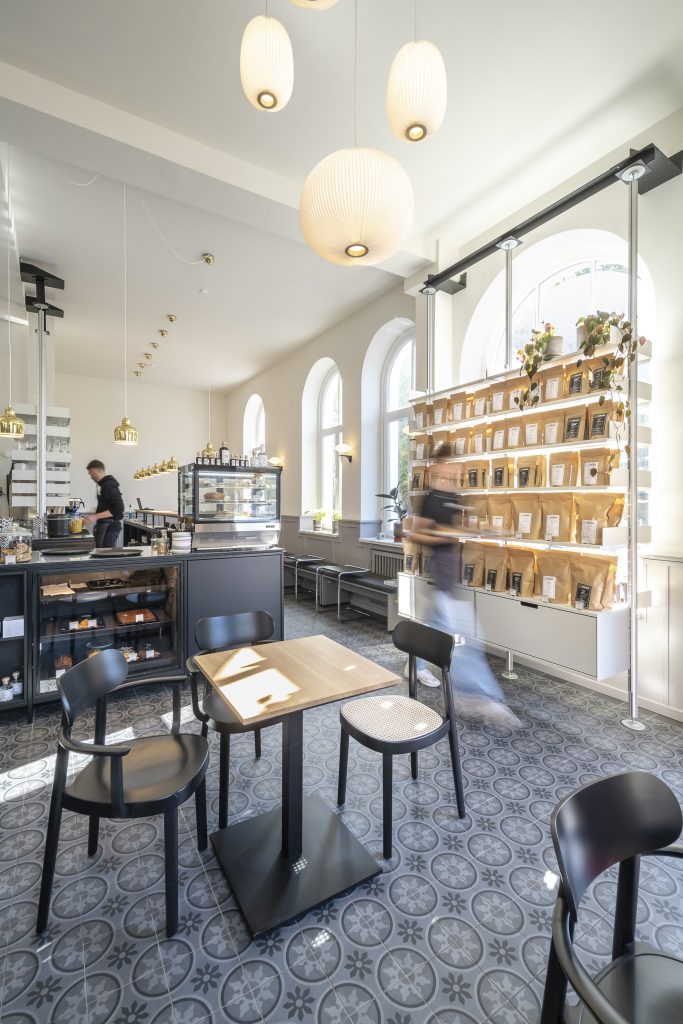
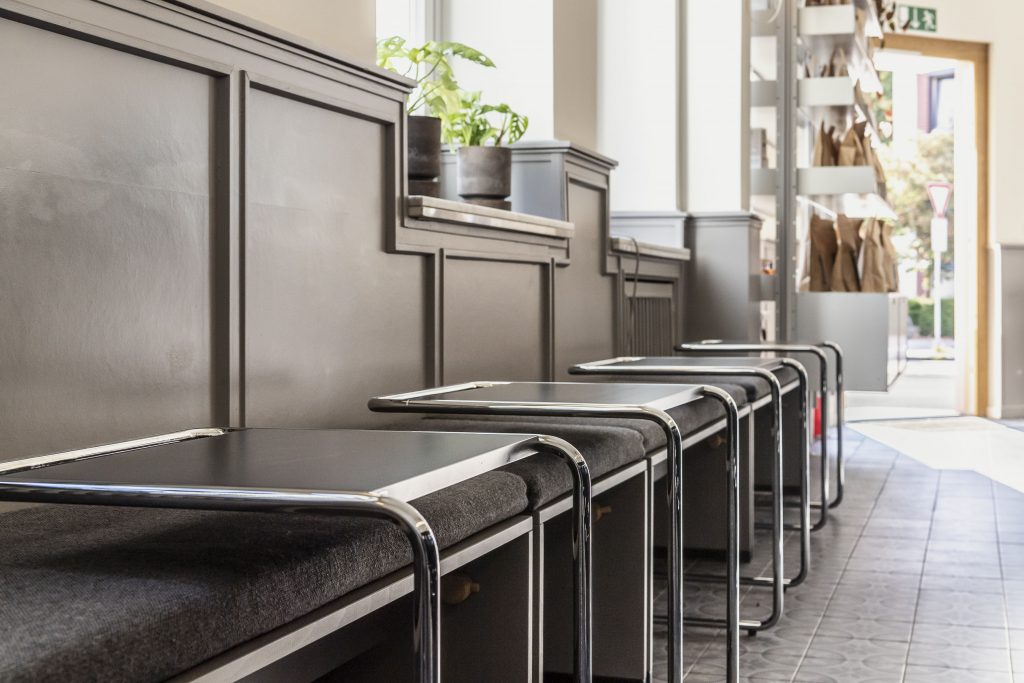
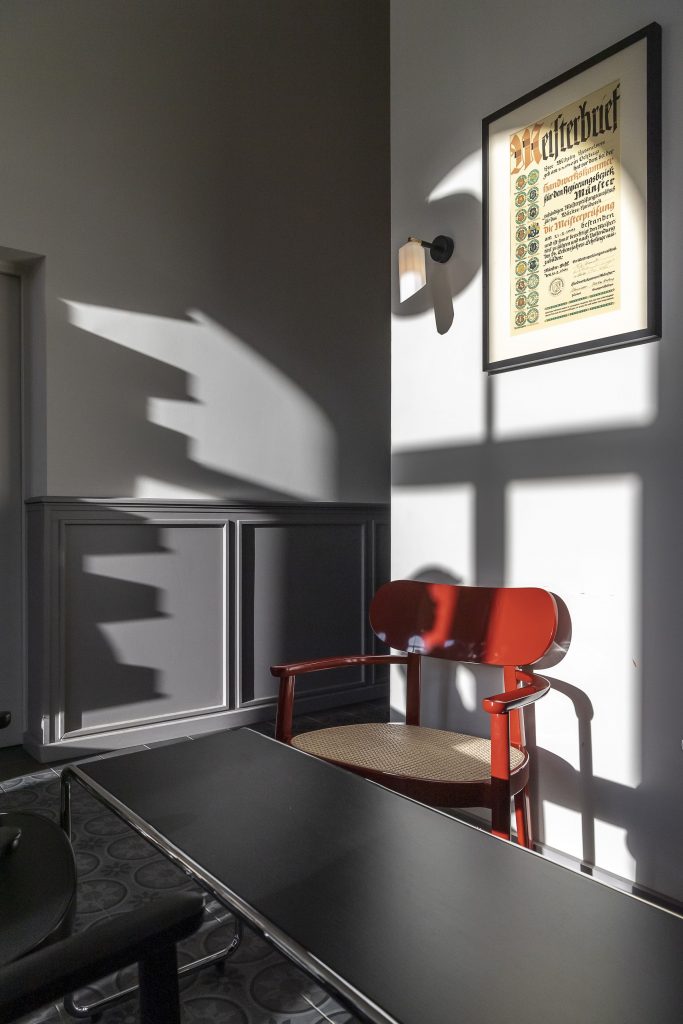
Choosing the furniture was easy: “I had to have Thonet chairs. Their design is absolutely classic in the coffee houses of Vienna.” The starting point when it came to furniture could therefore only be the iconic bentwood chairs 209 and 214 (formerly No. 14, the archetypal Thonet bentwood chair from 1859). This is the chair that marked the beginning of modern furniture, as thetechnique for bending solid wood that was perfected by Michael Thonet in the 1850s paved the way for the first serial production processes. Thanks to its manufacturing quality and timeless aesthetics, the 214 is a robustly durable chair which can also be easily repaired. The elegant 209 bentwood armchair has also been used in the Herr Hase café, in a stained black beech version with a Viennese canework seat. Its shape appears minimalist yet organic, almost like a sculpture in the heart of the room.
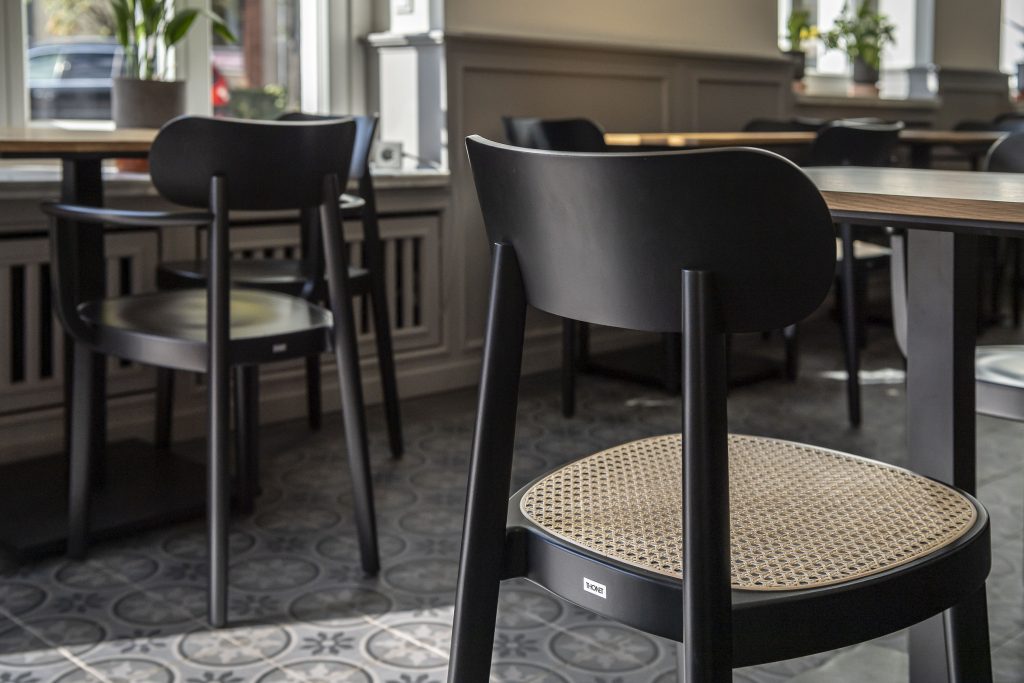
All the other chairs in the café are also Thonet designs, though more recent interpretations of the bentwood classic. Minimalist, authentic and sophisticated: the 118 chair family is a contemporary take on the Thonet icons, paying tribute to the company’s heritage while also taking it a step further. Designer Sebastian Herkner has added refined details that make the chair subtly elegant and at the same time distinctive. The shape of the chair legs, for example, which are rounded at the back and have gentle edges at the front, picks up the horseshoe shape (a classic Thonet detail) of the seat base. The seat frame itself is also made of bentwood. In the new Herr Hase café, this design can be found in an elegant barstool, the 118 H, as well as a cosy chair trio – with and without armrests (118 and 118 F), grouped around the small bistro tables.
Sleek tubular steel furniture, also from Thonet, completes the noteworthy furnishing of this new coffee house in Münster. The B 10, a slim, cantilevered side table designed by Marcel Breuer has also been chosen for the café, with a stained black beech tabletop to match the chairs. The lower B 97 side tables – designed in the 1930s – can be positioned with their tops over the bench seating that is situated along the café windows, for a practical, space-saving solution.
In choosing both design classics and contemporary furniture from Thonet, owner Sven Hasenclever and architect Fabian Holst have selected pieces that reconcile aesthetics, functionality and durability. Their eye for detail has created a space in which guests want to linger. “A bit like in Vienna, but with a good dose of Münster charm that connects this place to its roots,” says Hasenclever with satisfaction.

